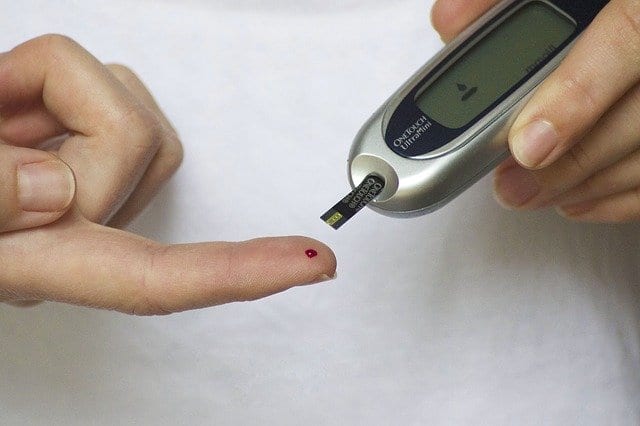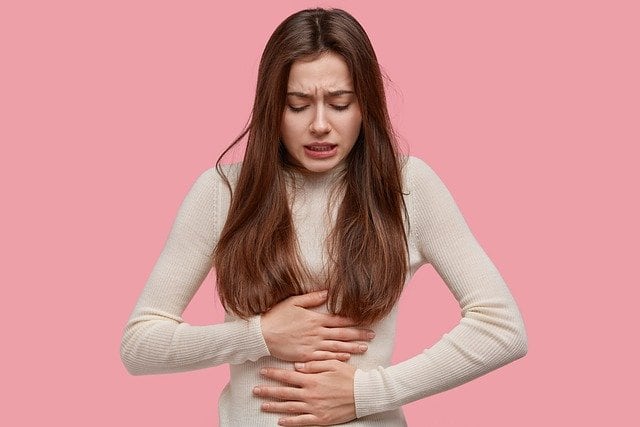Exclusive: Should I wear mask after COVID-19 jab? Doctor answers this and other queries on World Health Day 2021
On World Health Day 2021, we spoke to doctors about common myths regarding health care and took their expert opinion so that there is no confusion for you. From whether you should wear a mask after taking COVID-19 vaccine to is it normal to experience extremely painful period cycles, we have all the answers for you.
Trending Photos
) Pic Courtesy: Pixabay
Pic Courtesy: Pixabay New Delhi: The deadly novel coronavirus pandemic has made all of us realise the importance of good health. It has been over a year since COVID-19 hit the world and changed the way we function.
On World Health Day 2021, we spoke to doctors about common myths regarding health care and took their expert opinion so that there is no confusion for you.
From whether you should wear a mask after taking COVID-19 vaccine to is it normal to experience extremely painful period cycles, we have all the answers for you.
Myth - you don’t need to follow COVID-19 protocol after getting vaccinated
It is important to get vaccinated and to keep practising precaution in our fight against the novel coronavirus.
“Getting vaccinated is not your cue card to stop following COVID-19 precautions,” said Dr Ambanna Gowda, Consultant, Internal Medicine, Fortis Hospital, Cunningham Road.
He further added that it is crucial to get vaccinated despite all the rumour-mongering about side-effects of the vaccine.
“It is safe and important to get vaccinated, in this battle against COVID 19. Some of the side effects you can expect after being vaccinated are tiredness, headache, muscle or joint soreness or itching or swelling right away or seven days after vaccination.”
Serious side effects after receiving the vaccine are rare. However, If you develop any serious side effects or a severe allergic reaction including hives, swelling of your face, tongue or throat, or difficulty breathing, it is crucial to seek medical attention immediately.
Pro tip - Dr Gowda shares simple tips that you should adopt to try to save yourself from contracting COVID-19. They are:
- Wearing mask at all time when in public spaces (as you may have immunity from the virus after taking vaccine but you can spread it to others),
- Frequently wash your hands with soap and avoid touching your eyes, nose or mouth with unwashed hands
- Sanitizing your hands at regular interval and
- Maintaining social distancing.
Dr Gowda further added that we should look out for people who are sick and are showing symptoms of the infection and maintain safe distance with them.
“Remember that taking all safety measures will ensure your safety as well as those around you,” asserted Dr Gowda.
Myth - There is nothing you can do to prevent diabetes as it is hereditary.
Development of adult onset diabetes referred to as Type 2 Diabetes is commonly thought and understood to be a disease influenced by lifestyle factors such as poor dietary habits and sedentary life.
Dr Srinivas P Munigoti, Consultant Endocrinologist and Diabetologist, Fortis Hospitals, Bannerghatta Road, talking about Type-2 diabetes said, “Type 2 diabetes is also significantly influenced by one's hereditary factors. Published scientific data on Indians confirms nearly 50% increased risk of developing diabetes if both parents have it. This predisposition extends even to the complications one is prone for after having the disease too. Given limited influence one has in choosing their genes, it would be prudent to understand the importance of this and act with abundant caution in improving lifestyle if one has a strong family history of diabetes.”

Pro Tip - Leading a healthy lifestyle and exercising regularly can help in avoiding the development of Type 2 diabetes, to some extent.
“Following a low carb diet, quitting smoking, avoiding sugars, keeping a check on your weight are some of the ways in which you can help your body in this battle,” says Dr Munigoti.
Myth - Maternal mortality is a chance event and cannot be prevented
Dr Aswati Nair, Fertility Consultant, Nova IVF Fertility, New Delhi shares that women’s reproductive health is a neglected aspect in the Indian healthcare system.
“According to a WHO report, maternal mortality is unacceptably high and about 2,95, 000 women died during and following pregnancy and childbirth in 2017. This worrisome data shows an equal stress needs to be laid on reproductive health,” said Dr Nair.

Pro tip - It is vital to raise awareness both in rural and urban setups about the various reproductive health issues as late diagnoses might lead to escalation of the problem leading to serious issues and death also.
“Just like people go for other health checkups, they should also get themselves scanned for reproductive health. Pregnant women and those who are planning to start their family must go for their reproductive health evaluation on a regular interval of time," said Dr Nair.
Myth - Very painful periods are normal
Periods in general are painful for many women but an unusually painful menstrual cycle should ring an alarm bell and women should show themselves to a doctor as they can be suffering from endometriosis.
"Today’s multi-tasking women are so occupied in striking a balance between their personal and professional lives that they often ignore their health. But such ignorance towards their health sometimes leads to serious reproductive disorders,” said Dr Tanveer Aujla, Senior Consultant Obstetrics & Gynecologist, Motherhood Hospital, Noida.
“Conditions like endometriosis are quite common and it’s seen in every one in 10 women. For example diagnosis of endometriosis, which is popularly known as chocolate cyst, takes a long time, almost a decade from symptoms to diagnosis because they generally consider the painful menstrual period which is a prominent symptom for this to be normal and delay seeking treatment for it.”
Delay in seeking treatment affects both, social and sexual aspects of a woman’s life.

Pro tip - Consult a doctor immediately if you experience unusually painful menstrual cycles or experience pain while having sexual intercourse.
Stay informed on all the latest news, real-time breaking news updates, and follow all the important headlines in india news and world News on Zee News.
Live Tv







)
)
)
)
)
)
)
)
)
)
